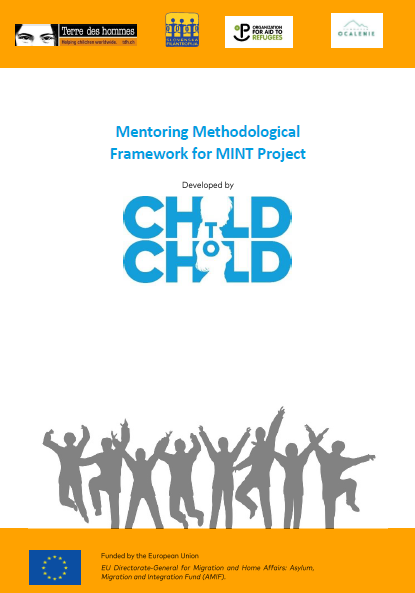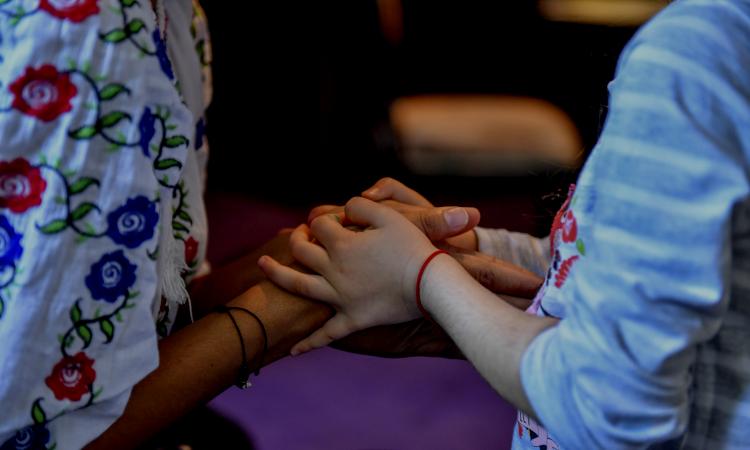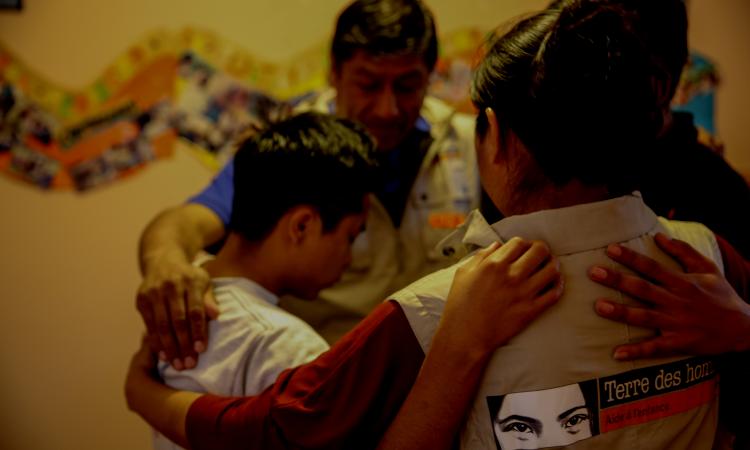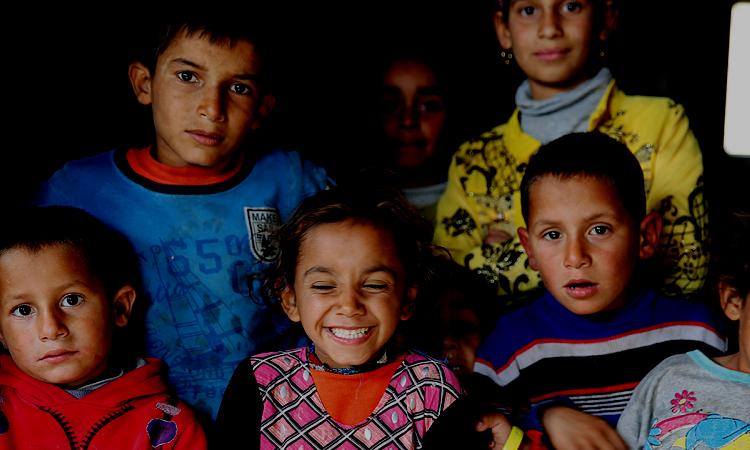
Migrant children and youth are especially vulnerable to social exclusion. Through the MINT Project, Terre des hommes and its partners aim to empower refugee and migrant children, as well as European youth, to engage in new integration activities. As part of this EU funded project partnership will be working in Romania, Poland, the Czech Republic, and Slovenia to support and facilitate the integration of children, to enhance social relations, and to empower both local youth and third-country national (TCN) children.
Their work will be based on an innovative and replicable peer-to-peer mentoring programme based on good practices and tested models. Mentoring has proven to be an effective way to share knowledge, increase children’s social and emotional skills, and promote integration, giving young people the tools and support that they need through a structured programme. During the MINT project, recently arrived children will be matched with youth volunteers, who will be able to provide the children with support, advice, and friendship in order to facilitate easier integration.
The guide in front of you serves as a methodological framework for mentoring activities that will be carried out within the MINT project. The purpose of this Mentoring Methodological Framework is to inform the design of the mentoring component of the programme which is to be designed by project partners of the MINT project. During the project, this Framework will be tested, adapted and added to, if necessary.
Check out the document to learn:
- About mentoring
- How to design a mentoring program
- How to implement mentoring in practice
- About relevant cross-cutting considerations
- Get useful links and sample forms


